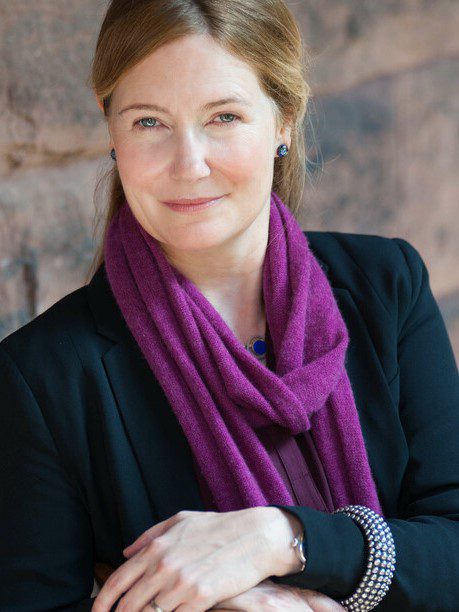Seminar description
This course examines the political geographies of transnational migration. It asks how spaces of migration and mobility are political, and how migration politics are tied to inequalities wrought through intersecting histories of race, class, and gender. It seeks to extend our understandings of migrants, borders, and mobility, and it explores the processes through which mobility is produced, delimited and structured. We will consider the transnational politics of migration, the militarization of border zones, and the political spaces of migrant displacement, dispossession, and dislocation. The seminar readings focus on classical paradigms as well as emerging approaches in immigration studies.
Get to know your professor
Rachel Silvey

You can call me…
Prof. Silvey
I just can't live without…
Music and spicy food
I just can't live without…
Music and spicy food
My hometown is…
Berkeley, California
For my undergraduate degree…
I am surprisingly good at…
Writing fiction
Fun fact:
Before graduate school, I worked as a truck driver.
If I wasn't teaching, I would be a…
A barista
What I'm working on now is…
A comparative project tracing working conditions for domestic workers across a range of national and demographic contexts.
Lately, something that has been exciting me about my research/scholarship is…
Thinking historically about different logics of mobility. Asking what sorts of contemporary correlates exist for marronage and fugitivity.
A fun fact about my field of study is…
It has applications to everything.
I was inspired to get into this field because…
The most pressing questions seemed to be thoroughly and creatively explored within the discipline of geography.
My first-year seminar in five words:
- Bordering
- (Im)migration
- Freedom
- (Im)mobility
- Difference
In a sentence, what you’ll learn in my course:
A wide range of approaches to the study of migration and borders, illustrated by detailed examples that reveal the tensions at stake in migration politics.
One of my favourite things about teaching first-year students is…
The fresh questions you bring yo class and the translations we get to explore in all their generational specificity.
My best advice for those starting their first year…
Open your minds and take your time.
 NAME: Chelsea Rochman.
NAME: Chelsea Rochman.